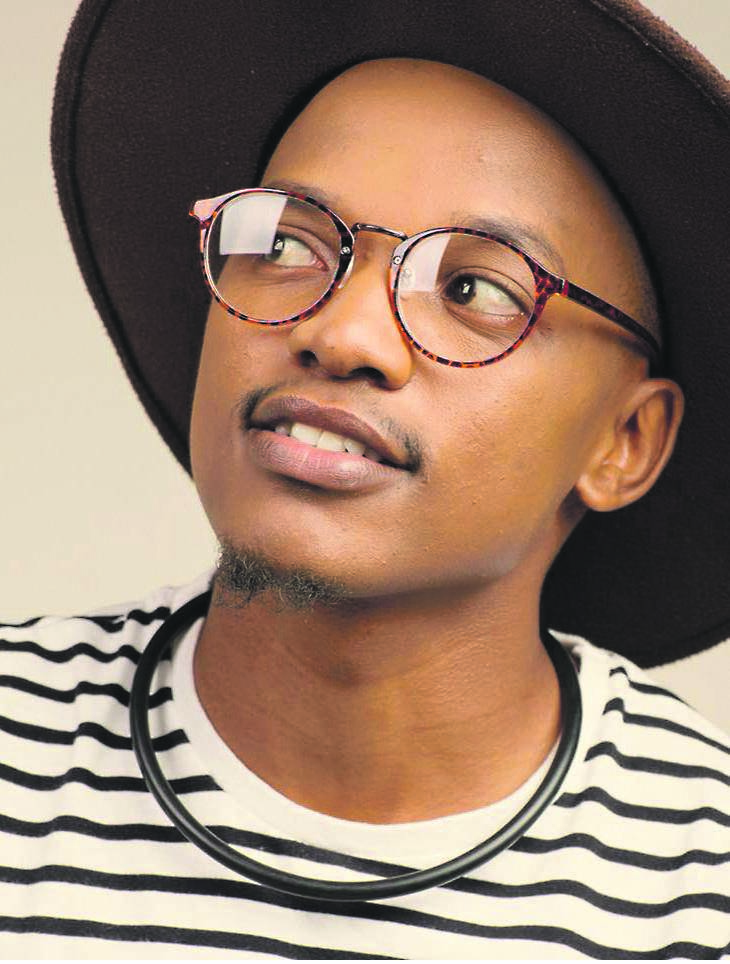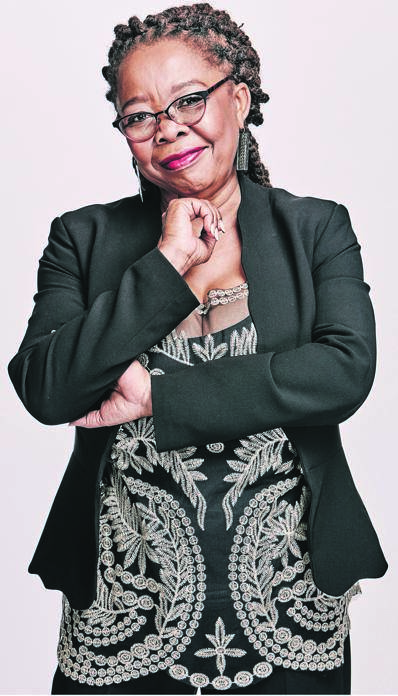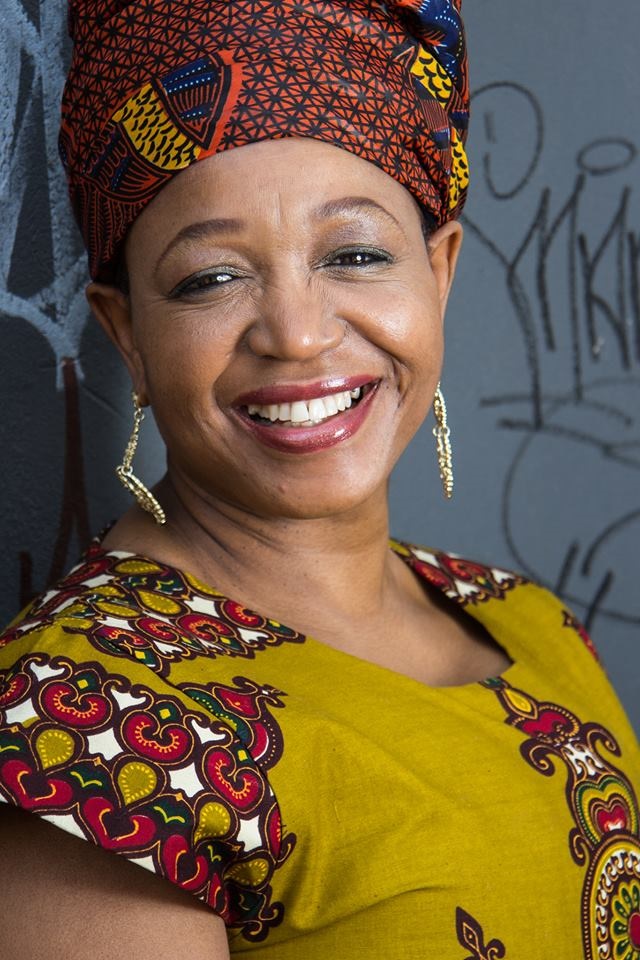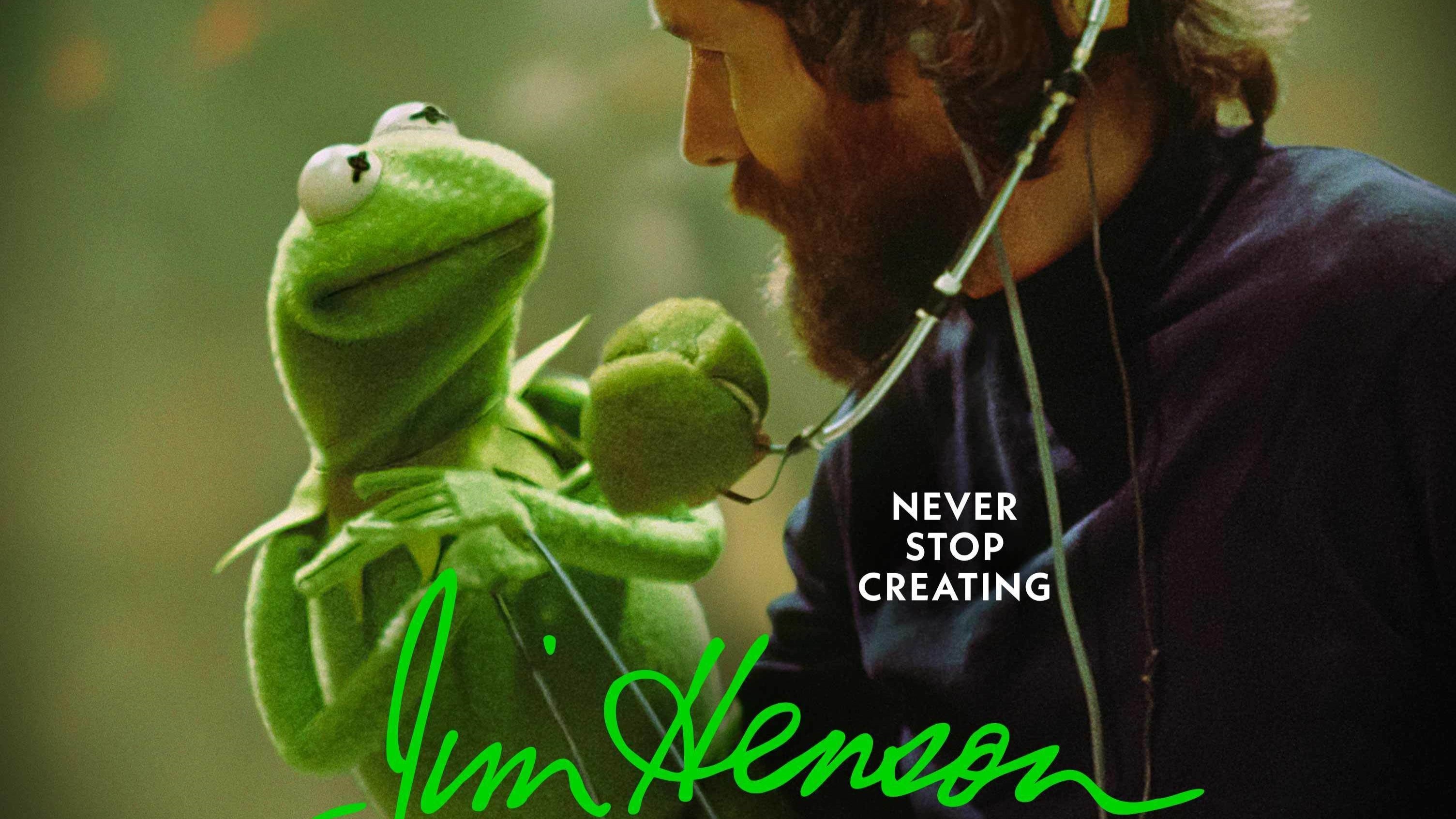
The premier jazz gathering in SA has reached a milestone this year as it continues to be shaped by young voices – like Ntsika – and grand masters – like the late Oliver Mtukudzi, who will be honoured with a tribute. Phumlani S Langa speaks to some artists and jazz aficionados about our particular culture of jazz.
I write what I dream: Ntsika
Ntsika is well known for his efforts with the a cappella band The Soil. He heads to the festival on the back of releasing a new album, I Write What I Dream, and he explains how this latest album and debut solo project came about.
“I dream of sounds and see the songs play out in my dreams, and even see the artist the song is made for. In the winter of 2017, I started dreaming of me and my grandfather, and there was a chant in the background saying: ‘Sabela [respond].’
“There was no other artist in this dream as there had been so many other times, and it dawned on me that the time had come to create my own album.”
His record label welcomed the plan.
“From 2017, I started working on the preproduction before giving it to the band last year. It took my band two weeks to lay down the instrumentals and took me a week to lay down vocals.”
The excited singer explains the emotions he felt when he crafted this record.
“It was like being with family; having my creative brothers with me. It was a spiritual experience.”
He says that, before recording, the electricity was cut off – but not due to load shedding. He saw it as a sign, a blessing, as these power outages were triggered by his engineer hitting the record button, which tripped a fairly large part of his neighbourhood. Ntsika says that, in those moments, he felt like something was there with them all in studio.
This album and upcoming national tour does not mean that he will no longer be a part of The Soil.
“It will be additional work – I like to see it as a quick short left and we’re still a band. We’ll be working on new material later this year.”
He is also trying his hand at directing music in theatre.
“Each generation deserves a golden era. The past one had many – your Bra Hughs, Oliver Mtukudzis, Miriam Makebas – genuine African creative energies. But our generation deserves that, too, and I’m glad I’m part of the new lineage of African storytellers.”
He wants art on the whole to return to the times of overt African pride. Owning our blackness is important, he says, and this is what is missing on the radio these days.
Ntsika seems to get amped up as he begins to unveil what he’s planned for his performance at the jazz festival in Cape Town next week.
“Yo! When you talk about teleporting people into a world that they didn’t know existed ... We’re bringing explosions. I’m saying it now … this will be the performance of the festival; a spiritual journey that will morph your soul. I’ll recreate the dreams I have, live on stage.”
The story of Zimbabwe: Shado Twala
Despite decades on radio, this well-known media star and jazz fundi is probably best know for her stints on TV on Idols SA and SA’s Got Talent. Shado Twala will be attending this year’s jazz festival, and we speak briefly about the youth of our country and how we relate to this genre. Although ever more youngsters are either consuming jazz or getting to grips with playing it, it isn’t exactly the dominant genre enjoyed by youngsters.
“I’m not sure why anyone would feel left out, especially as there is such freedom in music,” she says. “Perhaps people are intimidated by the word ‘jazz’, maybe it’s too academic, like classical music and opera. I think the definitions lock people out instead of helping them feel included.”
Twala, who helped popularise jazz among young audiences on Metro FM back in the day, commends the festival for having quite a young line-up and for including a little bit of something for everyone.
“We’re finding personal preferences more and more, and people are going back to the 60s and 40s to discover the sounds and the history behind those sounds. Artists are looking to other countries and their music to provide inspiration to their own.”
Twala insists that music is essential in documenting a society.
“You could listen to a piece of music and know what it was like then. It is also a good way to trace the growth of a society.”
She is looking forward to how Oliver Mtukudzi – or Tuku – will be remembered at the festival.
“He was going to perform and then, of course, he passed. I’m also looking forward to seeing the youngsters who might appear in that tribute. Acts like Sho Madjozi, who I’ve never seen, will be there.”
She urges young audiences to heed the message in Tuku’s music.
“It’s what he was singing about, what Miriam sang about and what Bra Hugh sang about. It’s about politics and social injustice. You could say musicians are journalists – there to celebrate or cry out about something. The rhythm is really to get you to listen and, within their lyrics, they are providing social commentary.”
Twala is adamant that you can garner more knowledge about Zimbabwe from a piece of Tuku’s music than from a newspaper article.
“He was a prolific recording artist, and I will be heading down this weekend to listen to the story of Zimbabwe as told by Oliver Mtukudzi.”
Finding the hidden passages: Vusi Mahlasela
Oliver Mtukudzi was scheduled to play alongside Vusi Mahlasela in Cape Town. His set has now become a tribute.
Bab’ Vusi sighs when I ask about his thoughts on legends not getting the recognition they deserve while they are still with us.
He says: “For a man of his stature, it will be about providing an insight into his work and the depth of it.”
Mahlasela also dispels any notion that jazz is not for youngsters.
“It is their choice at the end of the day, but we need to tap into the DNA of our music and forefathers, and why run away from what we do best? Our music and culture go together so well. It’s something Oliver did well.”
He isn’t sure how the audience will feel after watching his set, but he hopes to provide a walk down memory lane.
“It will be up to the audience on the night. It can be difficult to say how they might be feeling, but I hope they are able to find those hidden messages in Mtukudzi’s sound.”
A young person may not be familiar with Tuku’s work, but Mahlasela urges everyone to develop a curiosity about artists of the local golden era.
The soft-spoken icon explains: “It’s important for the young ones to pay attention to the richness of his art – as well as his other stories – if they want to leave a magical legacy like Oliver did.”
The other side of the spectrum: Brenda Sisane
When it comes to the old guard, are they obliging of innovation or stuck in their ways? Kaya FM host and jazzhead Brenda Sisane has clear views on the issue.
“New audiences in jazz are popping up all the time as the sounds of jazz grow. Jazz by nature is a young people’s game, a young voice. Some of the most innovative jazz players were not in their seventies when they did that.”
Sisane defends the older crowd by suggesting that some of them are just creatures of habit.
“When we talk about the old guard or people who have a liking for particular eras, like the avant-garde or bebop, this has not stopped jazz from evolving.”
Sisane is delighted that jazz audiences are growing and says you can find traces of this music in loads of other genres.
“People talk a lot about global jazz with indigenous expressions being embraced, furthering the culture and improvisation by including particular instruments unique to a certain country,” she says.
“You can hear these youngsters who are deejays or hip-hop artists, but they studied jazz and you can hear it in their sound.”
Jazzheads tend to argue about the role of technology within their beloved music. For most, the old way of doing things is the best way, but the line-up of performers at the festival puts this to the test.
“Technology has allowed more ears to gain access and tune in to jazz and all the sounds it houses,” says Sisane.
Echoing Twala’s words, she says: “People are going back to listening to music from the 60s and 70s, when jazz was still emerging, and it’s great to see. This is the exciting thing about jazz – it mutates. There’s always a resonance.”
Sisane cites the Thandi Ntulis of this world as a big part of the reason there has been a revived movement of people buying vinyl while engaging with jazz on platforms such as Spotify and iTunes.
“You have people who master various feels in their music, like Kamasi Washington, who can touch on blues or R&B – a wide range that he shows off masterfully. More young acts are emerging who can do this as well.”
What does she think could be done to encourage more young minds to lose themselves to jazz?
“Education. We need to use jazz to teach. Jazz encapsulates stories that could pull the youth in. Youth do enjoy it, young artists and deejays are moving away from things like deep House and are playing jazz.”
She says promoters and sponsors need to keep up with the trends in the jazz space.
“It’s not just about finding jazz at the nightclub – why not in literature, poetry sessions, film? Jazz is a part of all of that.”
As for the festival in Cape Town, she says: “The programme is very different to what we’ve seen from them before and I find it quite exciting.”
What would Sisane say to urge a youngster to pick up that dusty vinyl in their parents’ collection and give it a listen?
“Give it a try and, most importantly, guard that collection. Protect it. Vinyl has a longer life than a CD, which has made these more valuable again. But more than that, the dusty jazz records in that collection have become documentation of black culture.”
Over the decades, the Cape Town Inter-national Jazz Festival has increasingly had to perform an intricate tango as it tries to strike a balance between the demands and requirements of the older jazz lovers, the political elite who love a jazzy fest and the more youthful audiences who like their genres blurry. In response, the festival has drawn in big names like Thundercat, Erykah Badu, Mick Jenkins, Hugh Masekela, Sibongile Khumalo and the headliner this year, Chaka Khan, who will be interspersed with rappers and dance music stars. So, what’s going down this 20th birthday year?
- The Cape Town International Jazz Festival will take place at the Cape Town International Convention Centre on March 29 and 30.
- Tickets are available at computicket.com
- For the full line-up visit capetownjazzfest.com
A previous version of this story showed an image that was not Brenda Sisane. The image has been replaced.




 Publications
Publications
 Partners
Partners










